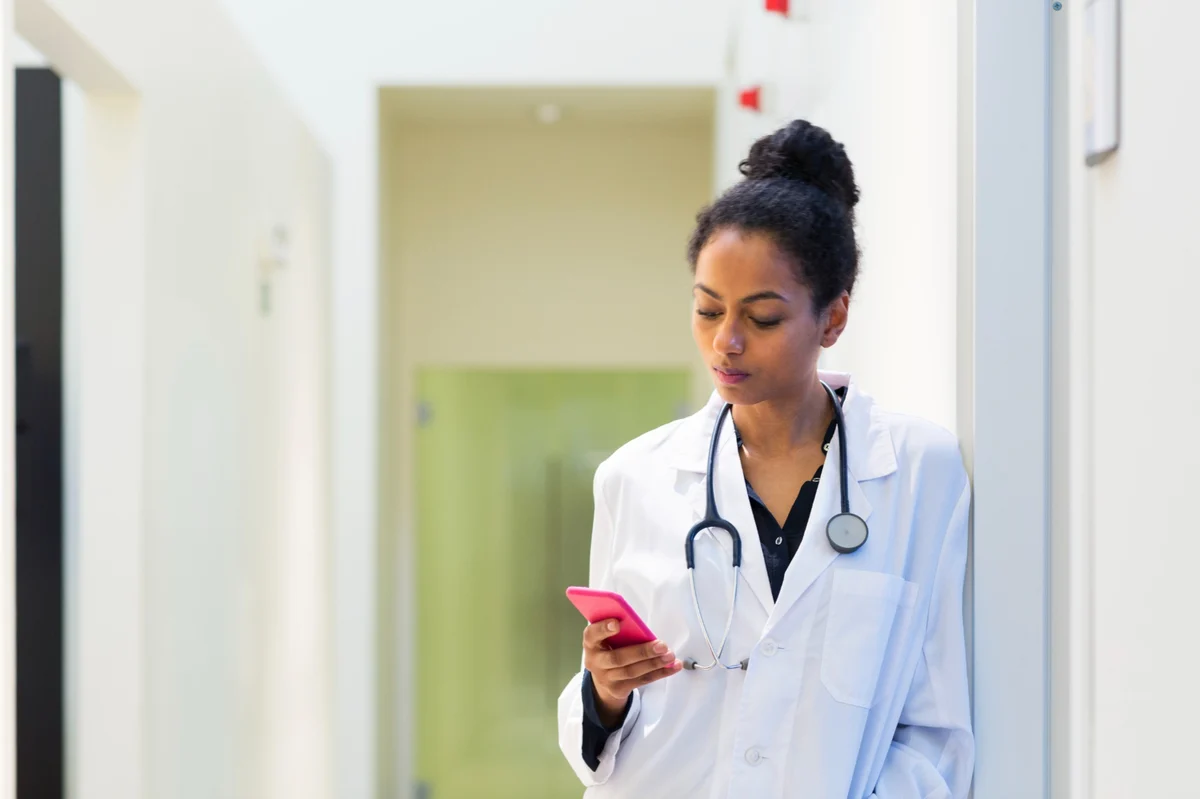In the fast-paced world of healthcare, continuous learning and professional development are not just beneficial—they’re essential. However, the traditional, time-consuming educational models hardly fit the reality of healthcare professionals who face long shifts, urgent responsibilities, and the unpredictable nature of patient care. Enter microlearning, a modern educational approach designed to deliver bite-sized, easily digestible pieces of content that accommodate the busy schedules and mobile lifestyles of healthcare workers.
The Perfect Fit for Hectic Schedules
Microlearning transforms the daunting task of education into manageable, engaging learning experiences. By breaking down complex information into focused, short-duration modules, healthcare professionals can integrate learning into their daily routines—whether that’s during a 10-minute break, in between patient visits, or on a commute. This method not only respects the time constraints of learners but also addresses the unique challenges faced by deskless workers, who constitute a significant portion of the healthcare workforce.
Deskless but Not Disconnected: Learning on the Go
The modern healthcare professional is often on the move, making traditional desktop-based learning approaches less than ideal. Recognizing this, microlearning platforms have been optimized for mobile access, ensuring that learning materials are not just convenient but also accessible from anywhere, at any time. This mobile-centric approach mirrors the usage patterns of healthcare workers, many of whom rely on their cell phones as their primary means of accessing information and communicating.
Making Learning as Engaging as Social Media
Imagine if learning felt less like a lecture and more like scrolling through your favorite social media feed. Microlearning platforms are doing just that, employing intuitive interfaces, interactive content, and gamification elements to make learning engaging and fun. This approach not only captures the attention of learners but also encourages repeated engagement, turning the pursuit of knowledge into a habit rather than a chore.
Data-Driven Success: The Impact of Microlearning
The shift towards microlearning is more than just a trend; it’s a strategy backed by compelling data. A study by the Journal of Applied Psychology found that microlearning can improve knowledge retention by up to 20% more than traditional learning methods. Furthermore, a report by Software Advice revealed that microlearning has been linked to a 50% higher engagement rate compared to conventional eLearning approaches.
One notable example of microlearning’s impact in healthcare is the implementation of micro-modules for emergency medical training, which resulted in a significant improvement in procedural knowledge and skill retention among participants, as documented in a study published in the “Journal of Medical Education and Curricular Development”.
Elevating Continuing Medical Education
Perhaps one of the most exciting developments in microlearning is its application in accredited Continuing Medical Education (CME). By integrating microlearning techniques, CME providers are offering healthcare professionals the opportunity to fulfill their educational requirements in a manner that’s not only flexible but also highly effective. These microlearning-based CME programs not only meet rigorous accreditation standards but also provide a practical pathway for professionals to stay abreast of the latest medical knowledge and practices, ultimately enhancing patient care quality.
Conclusion
The adoption of microlearning in healthcare education represents a significant shift towards more personalized, accessible, and effective learning experiences. By catering to the unique needs and schedules of healthcare workers, microlearning not only makes continuous learning possible but also enjoyable. As healthcare institutions and educators continue to embrace this innovative approach, the potential for improved educational outcomes and better patient care is immense.
For healthcare professionals and organizations looking to stay at the forefront of medical education and practice, microlearning offers a promising pathway forward. It’s time to rethink how we learn in healthcare, breaking down barriers to education and opening up new opportunities for growth, one bite-sized lesson at a time.

